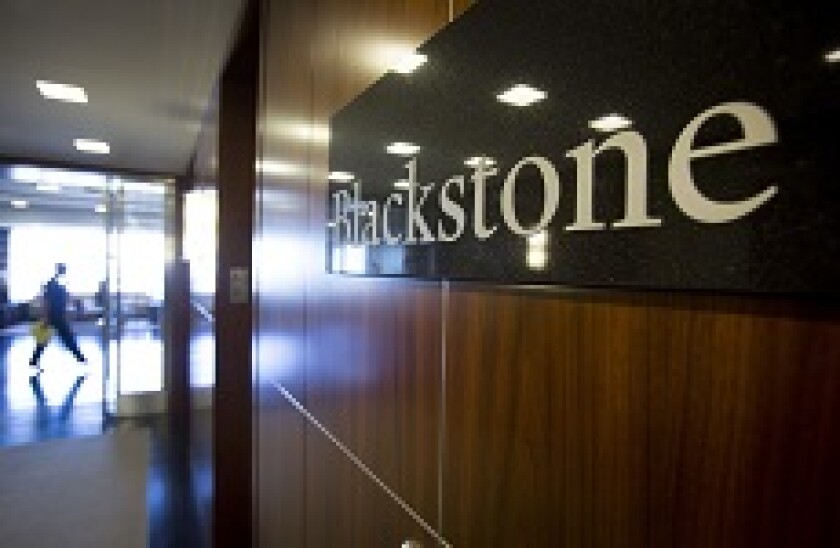Kensington has shown every sign of going out of its way to look after the customer since 2008, lending money to aspiring homeowners that the banking system does not serve well and helping thousands into home ownership who were stuck renting.
But Kensington didn't do this as part of some ESG mission — it’s intrinsic to the firm’s business model. If it gets cheaper funding in the securitization market, perhaps this does indeed fulfil a social purpose, and investors who take a spread cut can be satisfied they’re helping people up the housing ladder.
Even if it doesn’t change Kensington’s lending, however, a social label is still a big step forwards. Other specialist lenders are bound to follow, and those which cannot — for example, back book securitizations that have ‘mortgage prisoners’ stuck on expensive reversion rates they cannot leave — might have to pay up to finance their less ethical positions.
The new issue and those that follow will also change the conversation in the securitization market. ESG has been a distant last in the list of investor concerns, but the world is changing and this is no longer sustainable. After Kensington, social responsibility may become the norm, not the exception — and investors ought to challenge those that don’t fit the criteria.
It may seem like weak sauce to laud a social bond that makes little difference to the issuer’s behaviour, but the deal sets a powerful precedent, and should help investors hold to account those that fail to meet standards.

